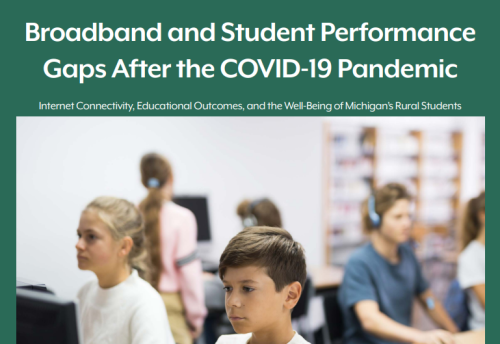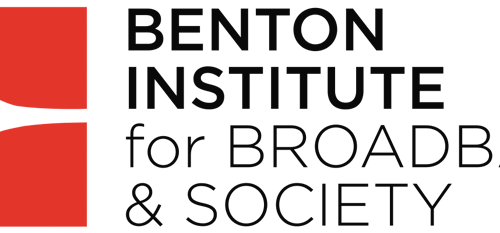I thought I’d write a short follow-up in response to the exchange of comments following my recent post on issues related to impacts of the FCC’s Open Internet order on ISP investment.
I very much appreciate the responses to my post, especially from Hal Singer and Mark Jamison, whose work was the target of my sometimes insufficiently respectful criticism. It helped me understand the substantive issues better and also reminded me that respectful dialog on important and controversial issues may not always be easy, but is certainly worth the effort…and that I’m still somewhat haltingly learning that lesson.
I especially appreciated the content and tone of Mark’s comment, including:
I won’t make the claim that my approach revealed reality and that yours did not. We have too little information for that. And even if we had sufficient data for a proper study, there would still be errors. That said, I would be glad to work with you and/or your colleagues on a study once sufficient data are available.
In my view this pretty well describes the aim of the Quello Center’s investigation of this policy issue: to gather as much useful data as we can and to apply to it a mix of the most useful modes of analysis to understand what’s going on and to refine the models we use to understand and predict policy outcomes. I hope to be part of that process, contributing my best skills and strengths, being humble enough to acknowledge their limits, and learning from others who have different expertise and perspectives.
Mark’s comment reminds me of the story about the blind men trying to describe the elephant, all of them describing it differently based on which part of the massive creature they were feeling with their hands. While I wouldn’t describe all of us focused on this issue as blind, I think it’s fair to say that we (and, as Mark notes, our methods) all suffer from some form of perceptual limitation. Some of us are nearsighted, others farsighted and perhaps others see clearly only with one eye…and occasionally we all may feel compelled to close our eyes to avoid seeing something that makes us very uncomfortable.
Though when it comes to policy research we may never be able to see and agree on “the truth,” my hope is that the Quello Center’s research team can be part of an effort to carefully study this and other policy “elephants” from as many angles as we can, and work together to understand their key dynamics, while at the same time remembering the value of respectful dialog, even when a voice inside our head might be telling us “that guy describing the elephant’s tail must be a fool or a scoundrel.”



